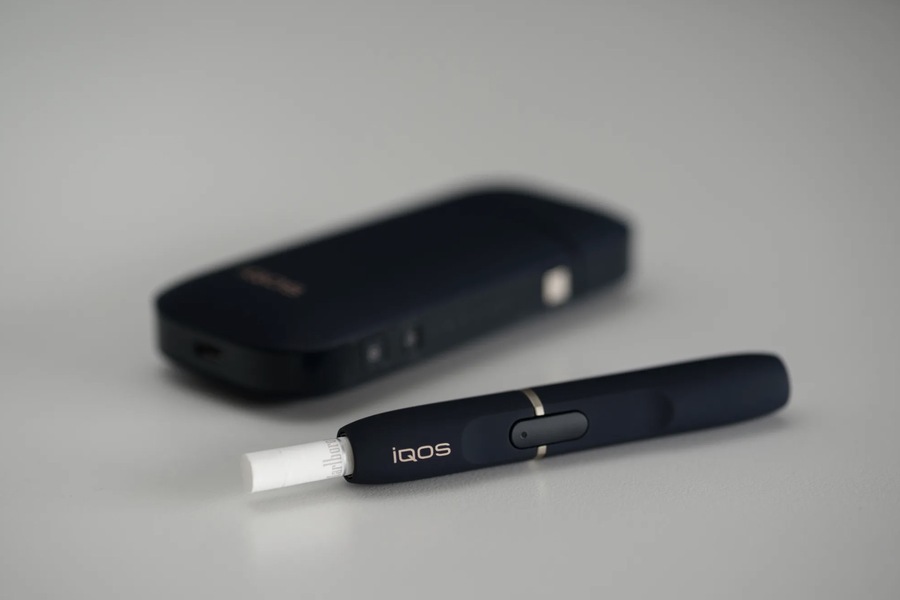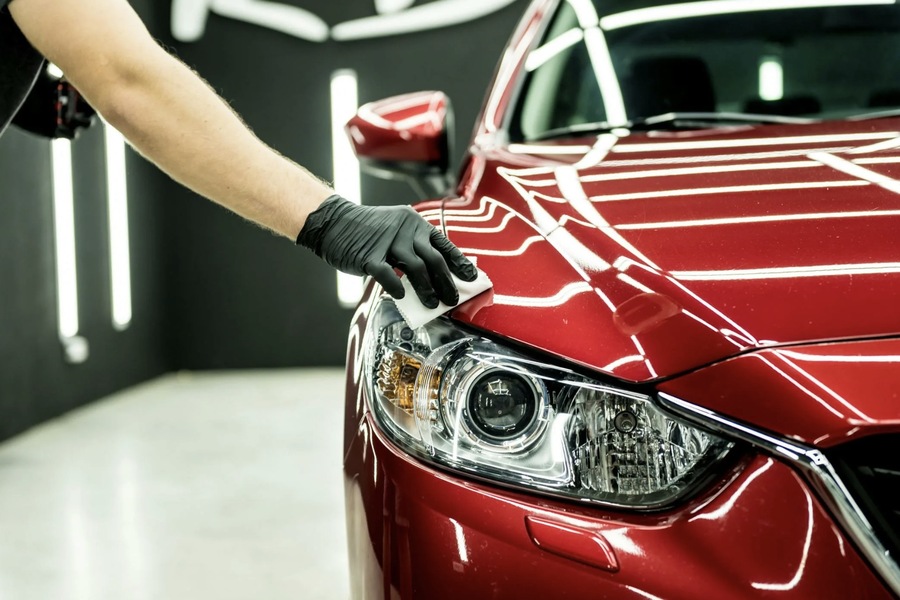Dubai, a city known for its rapid development and modernity, has witnessed significant shifts in various aspects of daily life, including smoking culture. As the city blends tradition with modern innovation, the rise of alternative smoking products like IQOS, electronic cigarettes, and vaping devices is reshaping how smoking is perceived and practiced. These alternatives offer reduced-risk options that cater to health-conscious consumers while still providing the ritualistic experience of smoking. This article explores how technology is influencing traditional smoking habits in Dubai, the factors driving this change, and the broader implications for public health and society.
The Evolution of Smoking in Dubai: A Blend of Old and New
Traditionally, smoking has been a prominent aspect of social culture in Dubai, with shisha cafes and gatherings serving as communal spaces for relaxation and socialization. Despite the known health risks associated with tobacco use, smoking has maintained a presence in social settings. However, recent years have seen a growing interest in modern smoking alternatives that promise reduced harm and a more contemporary approach to tobacco consumption.
The UAE government has been proactive in regulating tobacco use, implementing measures such as smoking bans in public spaces, graphic warning labels on cigarette packs, and excise taxes on tobacco products. These regulations, coupled with an increasing awareness of health risks, have paved the way for the adoption of alternative smoking products. As Dubai’s residents seek healthier options, the city has become a hub for innovative smoking alternatives that blend technology with the traditional smoking experience.
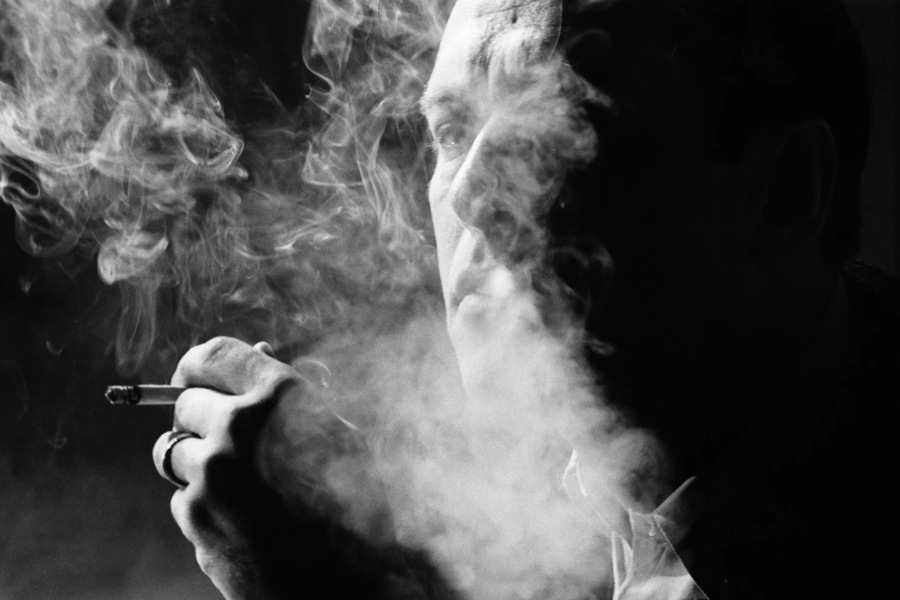
The Rise of Heat-Not-Burn Devices: A Shift in Smoking Habits
One of the most notable changes in Dubai’s smoking landscape is the growing popularity of heat-not-burn (HNB) devices like IQOS. Unlike traditional cigarettes, which burn tobacco at high temperatures, HNB devices heat tobacco to release nicotine-containing aerosol without combustion. This process reduces the levels of harmful chemicals produced, offering a potentially less harmful alternative for smokers.
IQOS, a leading brand in the HNB category, has gained traction in Dubai due to its ability to replicate the ritual of smoking without the associated health risks of burning tobacco. According to the World Health Organization, tobacco combustion produces over 7,000 chemicals, many of which are toxic and carcinogenic. By heating tobacco rather than burning it, IQOS reduces exposure to these harmful substances, appealing to smokers who are concerned about their health but are not ready to quit nicotine altogether.
E-Cigarettes and Vaping: A Modern Take on Nicotine Consumption
Another significant trend shaping Dubai’s smoking culture is the rise of e-cigarettes and vaping devices. These products use a liquid (often containing nicotine) that is vaporized and inhaled by the user. Unlike traditional cigarettes, e-cigarettes do not contain tobacco, making them a preferred choice for smokers seeking to eliminate tobacco while still satisfying their nicotine cravings.
The appeal of vaping in Dubai is partly driven by the wide variety of flavors available, which range from traditional tobacco and menthol to more exotic options like fruit and dessert flavors. This variety allows users to customize their experience, making vaping a popular alternative among younger adults who value personalization. The UAE government has regulated the sale of e-cigarettes and vaping products since 2019, ensuring that they meet safety and quality standards as outlined by the Emirates Authority for Standardization and Metrology (ESMA). These regulations provide a framework for the safe consumption of vaping products, protecting consumers and supporting public health objectives.
Public Health Implications: Reduced Risk but Not Risk-Free
While modern smoking alternatives offer reduced exposure to harmful chemicals, it is important to note that they are not without risks. Both HNB devices and e-cigarettes contain nicotine, which is addictive and can have adverse effects on cardiovascular health. The long-term health effects of these products are still being studied, and public health authorities, including the World Health Organization, caution that while they may be less harmful than traditional smoking, they are not completely safe.
In Dubai, the shift towards reduced-risk products aligns with broader public health strategies aimed at lowering smoking rates and reducing the burden of smoking-related diseases. The UAE’s National Tobacco Control Program focuses on reducing tobacco use and exposure to secondhand smoke, and the adoption of alternative products like IQOS and vaping can support these efforts by providing smokers with less harmful options. However, public health campaigns continue to emphasize that quitting all forms of tobacco and nicotine use is the best option for health.
Social Acceptance and Changing Attitudes
As Dubai evolves into a global city, social attitudes towards smoking are also changing. Traditional smoking, particularly cigarette smoking, is increasingly viewed as undesirable, especially in professional and family settings. Modern alternatives like IQOS and e-cigarettes offer a less intrusive option that aligns with the city’s progressive image. These products produce less odor no ash, and are often seen as more socially acceptable than conventional smoking methods.
The broader wellness trend that emphasizes healthier lifestyle choices also influences the adoption of smoking alternatives. In a city where fitness, nutrition, and mindfulness are becoming integral parts of daily life, smoking alternatives that reduce harm appeal to those who are unwilling to give up nicotine but want to minimize health risks. This shift is evident in the growing presence of vape shops, IQOS stores, and dedicated sections for smoking alternatives in retail spaces across Dubai.
Technological Innovation: Driving the Future of Smoking Alternatives
The appeal of smoking alternatives in Dubai is not just about health benefits; it is also about embracing innovation. IQOS and e-cigarettes are seen as modern, tech-driven solutions that align with Dubai’s forward-thinking ethos. The integration of technology in these products, from sleek designs to advanced heating mechanisms, reflects the city’s love for innovation and luxury.
For example, the latest IQOS ILUMA models feature induction heating technology, which heats the tobacco stick internally, providing a consistent experience without the need for cleaning. This technological advancement enhances user convenience and satisfaction, making it an attractive option for tech-savvy consumers in Dubai. Similarly, e-cigarettes with features like adjustable wattage, temperature control, and Bluetooth connectivity cater to those who enjoy customizing their vaping experience.
Environmental Considerations: A Cleaner Alternative?
Environmental awareness is becoming a priority in Dubai, and the environmental impact of smoking is a factor that cannot be overlooked. Traditional cigarettes contribute significantly to environmental pollution, with cigarette butts being one of the most common forms of litter worldwide. The non-biodegradable filters of cigarettes add to the growing waste problem, and the tobacco industry’s impact on deforestation and water resources further exacerbates environmental concerns.
Modern smoking alternatives like IQOS and e-cigarettes present a cleaner option by reducing waste from ash and butts and eliminating the need for combustion. However, these products still generate waste in the form of used tobacco sticks, disposable cartridges, and electronic components. Manufacturers are increasingly focusing on sustainability initiatives, such as recycling programs and biodegradable packaging, to address these environmental challenges. These efforts resonate with environmentally conscious consumers in Dubai who are looking for products that align with their values.
Regulatory Landscape: Navigating the Rules
The regulatory landscape for smoking alternatives in Dubai and the UAE is designed to balance consumer access with public health protection. The Federal Tax Authority imposes excise taxes on tobacco products, including e-cigarettes and HNB devices, to discourage consumption while generating revenue for health initiatives. Regulations also include restrictions on advertising, packaging requirements, and age limits to prevent youth access.
Dubai’s authorities have also implemented smoking bans in various public areas, which apply to both traditional cigarettes and smoking alternatives. These measures are part of the city’s commitment to reducing smoking prevalence and protecting non-smokers from exposure to harmful substances. Consumers in Dubai are encouraged to stay informed about the latest regulations to ensure compliance and make responsible choices.
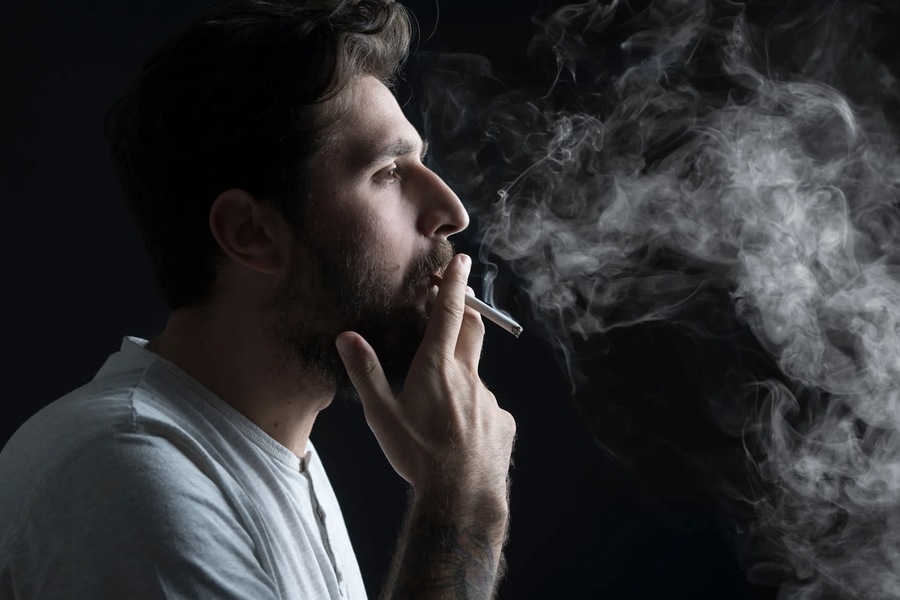
The Future of Smoking Culture in Dubai
As Dubai continues to evolve, the smoking culture is likely to keep transforming, driven by technological innovation, health considerations, and changing social attitudes. Modern smoking alternatives offer a bridge between the desire to maintain traditional smoking rituals and the need to reduce harm. While these products are not without risks, they represent a significant shift towards a more mindful approach to tobacco consumption.
The future of smoking in Dubai will likely involve a continued push towards reduced-risk products supported by regulatory frameworks that prioritize public health. As awareness of the health impacts of smoking grows and as more alternatives enter the market, Dubai’s residents will have more options to make informed decisions about their tobacco use.
Conclusion
Technology is undeniably reshaping the smoking culture in Dubai, offering consumers alternatives that blend the familiarity of traditional smoking with the benefits of modern innovation. From IQOS’s heat-not-burn technology to the customizable experience of vaping, these products cater to a diverse range of preferences while supporting the city’s broader health and environmental goals.
For further information on smoking regulations and tobacco control in Dubai, visit the Dubai Municipality and Emirates Authority for Standardization and Metrology (ESMA) websites.
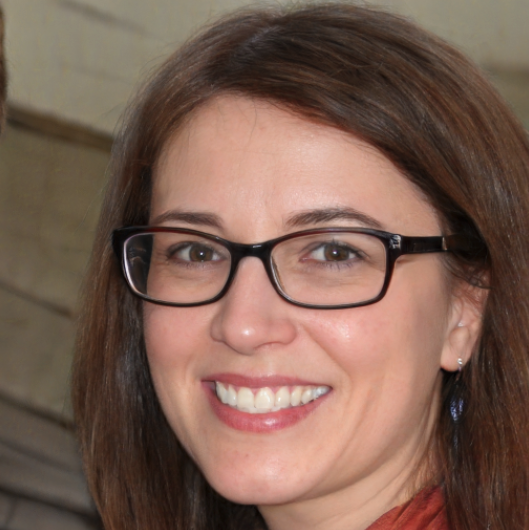
Skydiver, ramen eater, DJ, Saul Bass fan and front-end designer. Acting at the fulcrum of minimalism and sustainability to develop visual solutions that inform and persuade. I sometimes make random things with friends.
